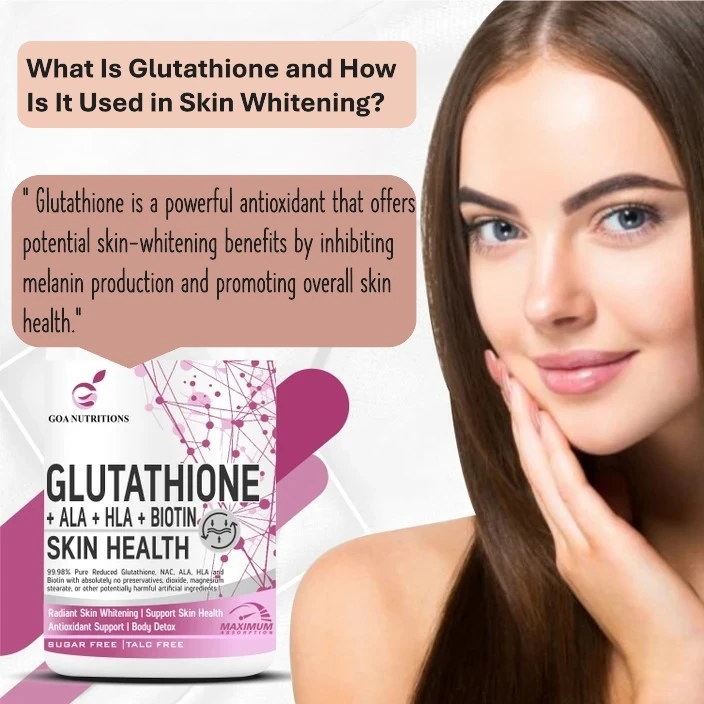What Is Glutathione and How Is It Used in Skin Whitening? Understanding Its Role, Benefits, and Safety in Skincare
What Is Glutathione and How Is It Used in Skin Whitening? Understanding Its Role, Benefits, and Safety in Skincare
Glutathione has gained significant popularity in the beauty and skincare industry, especially for its supposed skin whitening effects. But what exactly is glutathione, and how does it contribute to skin lightening? This powerful antioxidant plays multiple roles in the body, including detoxification and immune system support, and is now widely used in skin treatments. Here’s a detailed look into its function, benefits, and safety when used for skin whitening.
What Is Glutathione?
Glutathione is a naturally occurring antioxidant found in every cell of the human body. It is made up of three amino acids: glutamine, cysteine, and glycine. Its primary function is to combat oxidative stress by neutralizing free radicals and supporting detoxification processes in the liver. It also plays a role in immune function, tissue repair, and protein synthesis.
In the context of skincare, glutathione's antioxidant properties have made it a sought-after ingredient, particularly for brightening and evening out skin tone.
How Does Glutathione Work for Skin Whitening?
Glutathione’s skin whitening effect is primarily linked to its ability to inhibit melanin production. Melanin is the pigment responsible for skin color, and overproduction can lead to hyperpigmentation, dark spots, or uneven skin tone.
Glutathione helps by:
-
Inhibiting tyrosinase, an enzyme crucial for melanin synthesis.
-
Shifting melanin production from darker eumelanin to lighter pheomelanin.
-
Detoxifying the skin, which can improve clarity and brightness over time.
As a result, regular and sustained use of glutathione may lead to a lighter, more even complexion.
Methods of Use
Glutathione is used in several forms for skin whitening:
-
Oral supplements – These are widely available and often combined with vitamin C to boost absorption and effectiveness.
-
Intravenous (IV) injections – Popular in some countries for faster results, though not universally approved and often considered controversial.
-
Topical creams and serums – Used for targeted treatment, although absorption through the skin is less effective compared to other methods.
Benefits of Glutathione for the Skin
-
Skin lightening and brightening
-
Reduction of dark spots and pigmentation
-
Anti-aging effects due to antioxidant activity
-
Improved skin clarity and texture
Is It Safe?
Glutathione is generally safe when used appropriately, particularly in oral and topical forms. However, there are important considerations:
-
IV glutathione is not FDA-approved and may pose risks such as kidney damage, allergic reactions, or infections if not administered properly.
-
Long-term effects of high-dose usage are still being studied.
-
People with underlying health conditions or on medications should consult a healthcare provider before using glutathione supplements.
Conclusion
Glutathione is a powerful antioxidant that offers potential skin-whitening benefits by inhibiting melanin production and promoting overall skin health. When used responsibly—especially in oral or topical form—it can help achieve a more radiant, even-toned complexion. However, due to safety concerns around IV treatments and unregulated products, it’s essential to consult a dermatologist or healthcare provider before beginning any glutathione-based skin regimen.

Related Blog
What Causes Oily Skin and Can It Be Managed Naturally? Exploring Root Causes and Gentle Solutions
Aug 2, 2025 by Admin
General
What Are the Signs That You Have Sensitive Skin? Key Symptoms to Help You Identify This Delicate Skin Type
Aug 1, 2025 by Admin
General